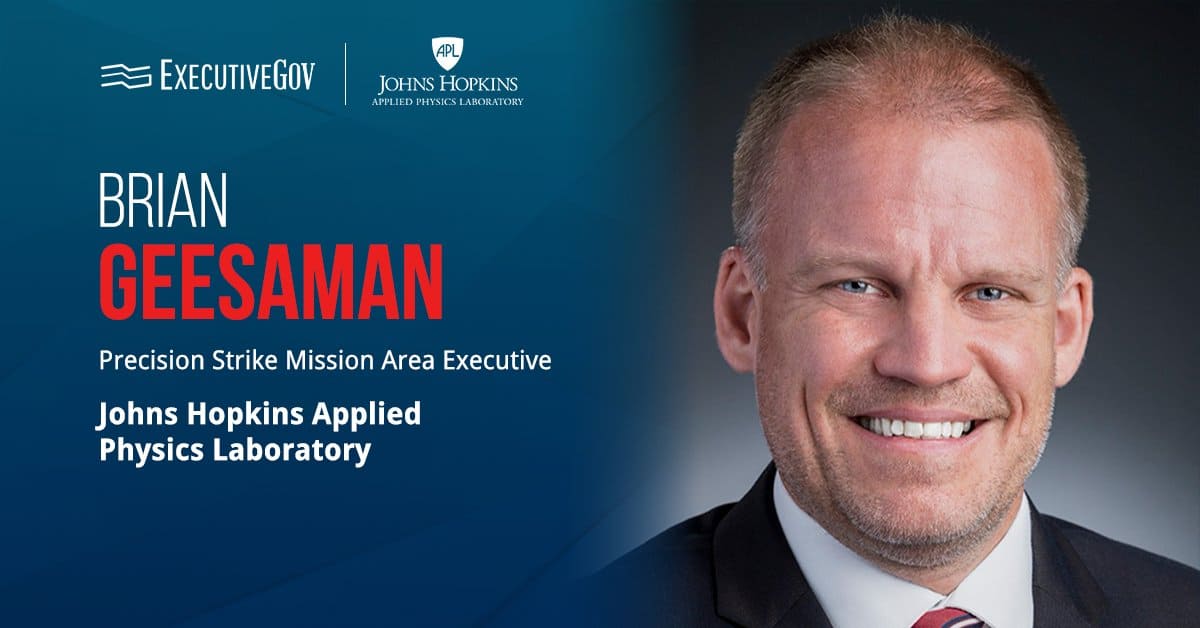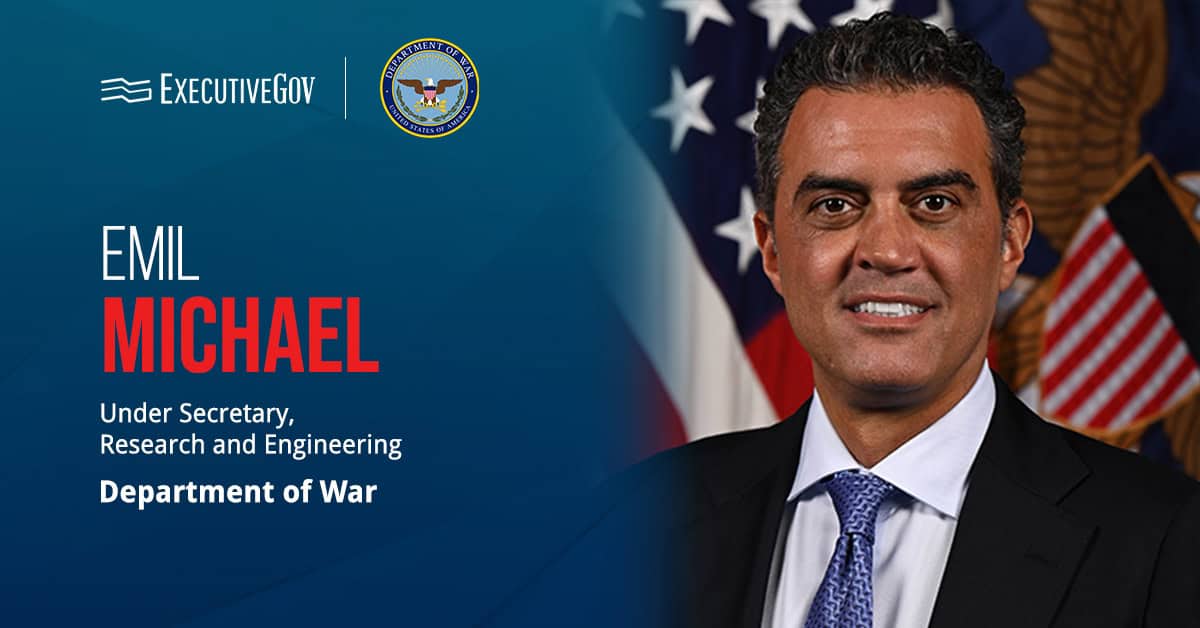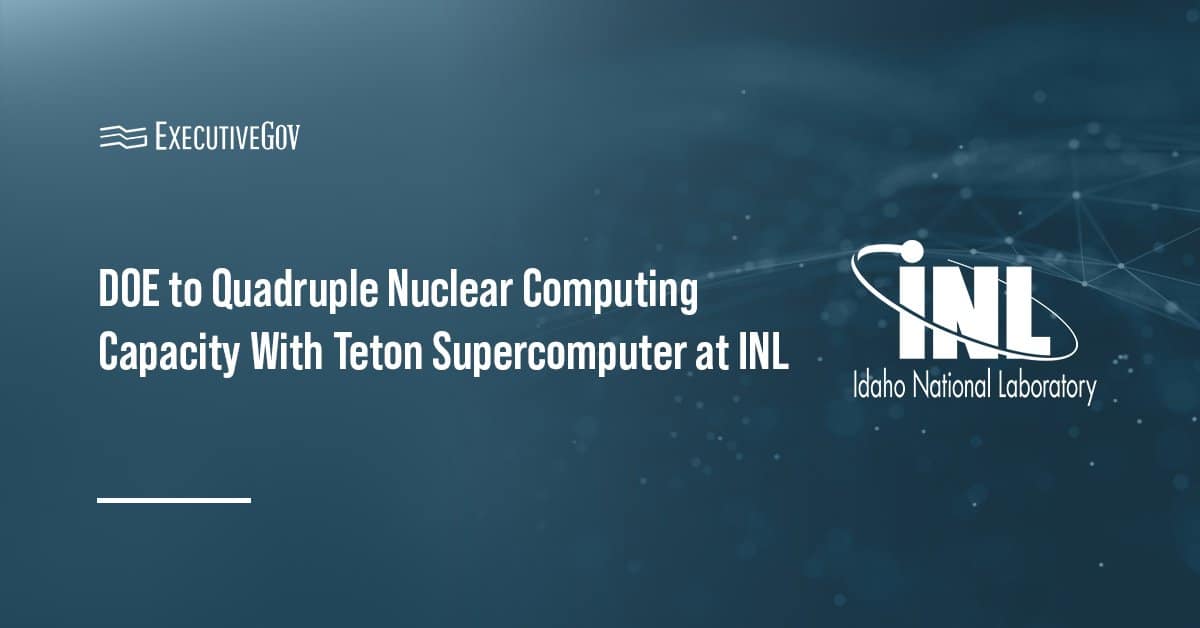
USAGov, the U.S. federal government’s official web service, launched an artificial chatbot to address scam cases online. The Sam chatbot is built on data regarding individuals who encountered scams. Â
The General Services Administration deployed a team to begin 32 discussions about scams in two workshops, wrote Marietta Jelks, consumer action handbook program manager for the department, in a blog posted Wednesday.
The team learned from the conversations that users are mostly concerned with information about where to report scams, identifying scams and recovering from associated financial damage. Sam’s development builds on idea maps, illustrations and flow charts based on gathered input.
GSA intends for future versions of Sam to feature bilingual capability, topics in Spanish, free text response, user satisfaction surveys and contact center integration. Â





